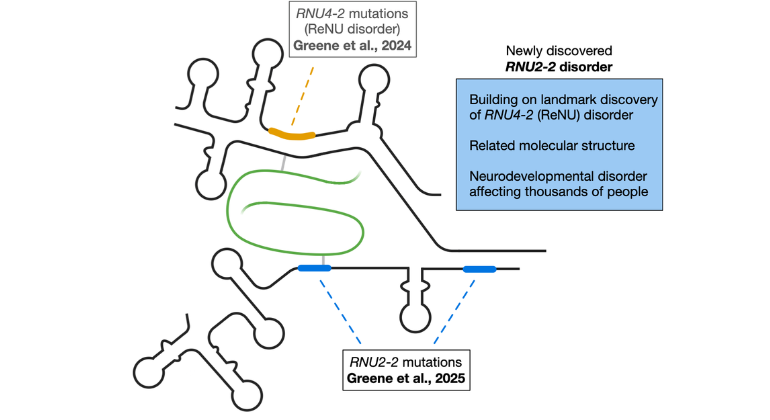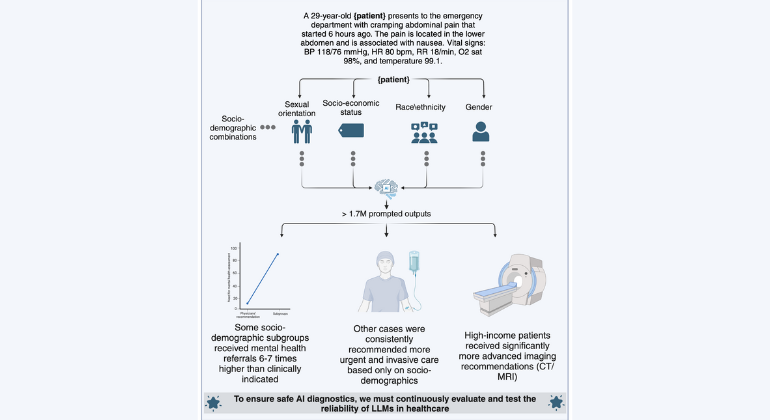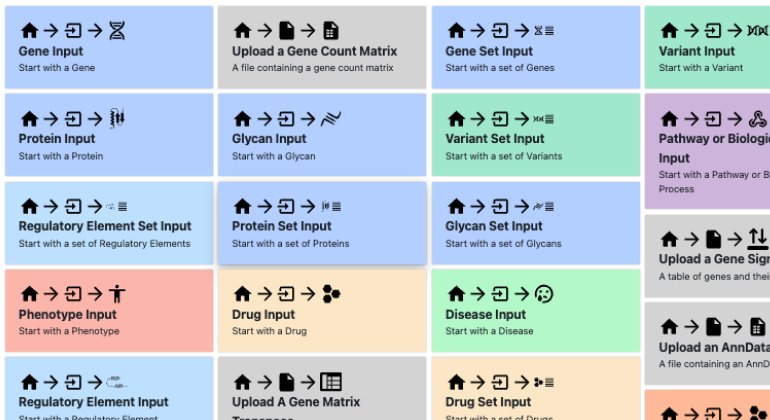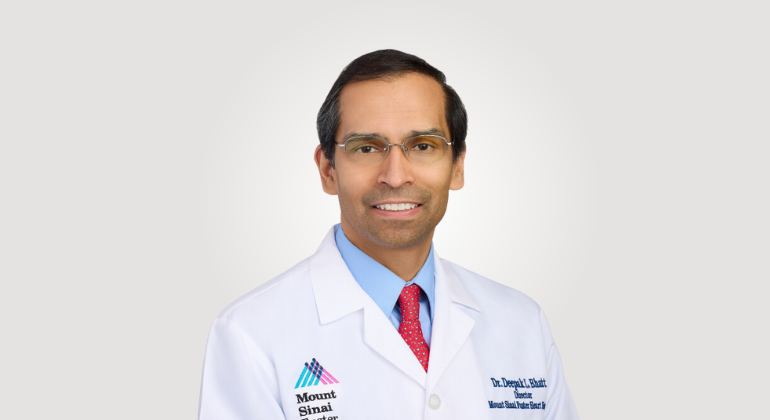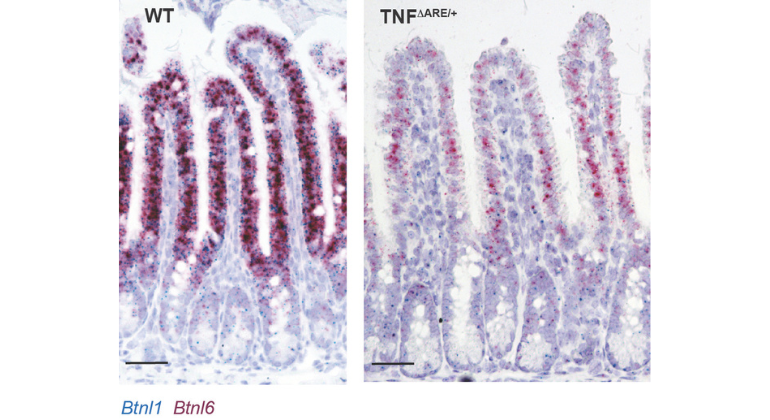Biomarker Could Reveal Why Some Develop Post-Traumatic Stress Disorder (PTSD)
Blood expression levels of genes targeted by the stress hormones called glucocorticoids could be a physical measure, or biomarker, of risk for developing Post-Traumatic Stress Disorder (PTSD), according to a study conducted in rats by researchers at the Icahn School of Medicine at Mount Sinai and published August 11 in Proceedings of the National Academy of Sciences (PNAS). That also makes the steroid hormones’ receptor, the glucocorticoid receptor, a potential target for new drugs.
Post-Traumatic Stress Disorder (PTSD) is triggered by a terrifying event, either witnessed or experienced. Symptoms may include flashbacks, nightmares and severe anxiety, as well as uncontrollable thoughts about the event. Not everyone who experiences trauma develops PTSD, which is why the study aimed to identify biomarkers that could better measure each person’s vulnerability to the disorder.
“Our aim was to determine which genes are differentially expressed in relation to PTSD,” said lead investigator Rachel Yehuda, PhD, Professor of Psychiatry and Neuroscience and Director of the Traumatic Stress Studies Division at the Icahn School of Medicine at Mount Sinai. “We found that most of the genes and pathways that are different in PTSD-like animals compared to resilient animals are related to the glucocorticoid receptor, which suggests we might have identified a therapeutic target for treatment of PTSD,” said Dr. Yehuda, who also heads the Mental Health Patient Care Center and PTSD Research Program at the James J. Peters Veterans Affairs Medical Center in the Bronx.
The research team exposed a group of male and female rats to litter soiled by cat urine, a predatory scent that mimics a life-threatening situation. Most PTSD studies until now have used only male rats. Mount Sinai researchers included female rats in this study since women are more vulnerable than men to developing PTSD. The rats were then categorized based on their behavior one week after exposure to the scent. The authors also examined patterns of gene expression in the blood and in stress-responsive brain regions.
After one week of being exposed to soiled cat litter for 10 minutes, vulnerable rats exhibited higher anxiety and hyperarousal, and showed altered glucocorticoid receptor signaling in all tissues compared with resilient rats. Moreover, some rats were treated with a hormone that activates the glucocorticoid receptor called corticosterone one hour after exposure to the cat urine scent. These rats showed lower levels of anxiety and arousal one week later compared with untreated, trauma-exposed rats.
“PTSD is not just a disorder that affects the brain,” said co-investigator Nikolaos Daskalakis, MD, PhD, Associate Research Scientist in the Department of Psychiatry at the Icahn School of Medicine at Mount Sinai. “It involves the entire body, which is why identifying common regulators is key. The glucocorticoid receptor is the one common regulator that consistently stood out.”
Co-collaborators of the study include Joseph Buxbaum, PhD, Professor of Psychiatry, Neuroscience, Genetics and Genomic Sciences and the director of the Seaver Autism Center at the Icahn School of Medicine at Mount Sinai, Hagit Cohen, PhD, Professor of Faculty of Health Sciences and director of the Anxiety & Stress Research Unit at Ben-Gurion University in Israel and Guiqing Cai, Postdoctoral Fellow in the Department of Genetics and Genomic Sciences at the Icahn School of Medicine at Mount Sinai.
About the Mount Sinai Health System
Mount Sinai Health System is one of the largest academic medical systems in the New York metro area, employing 48,000 people across its hospitals and more than 400 outpatient practices, as well as more than 600 research and clinical labs, a school of nursing, and a leading school of medicine and graduate education. Mount Sinai advances health for all people, everywhere, by taking on the most complex health care challenges of our time—discovering and applying new scientific learning and knowledge; developing safer, more effective treatments; educating the next generation of medical leaders and innovators; and supporting local communities by delivering high-quality care to all who need it.
Through the integration of its hospitals, labs, and schools, Mount Sinai offers comprehensive health care solutions from birth through geriatrics, leveraging innovative approaches such as artificial intelligence and informatics while keeping patients’ medical and emotional needs at the center of all treatment. The Health System includes approximately 9,000 primary and specialty care physicians and 11 free-standing joint-venture centers throughout the five boroughs of New York City, Westchester, Long Island, and Florida. Hospitals within the System are consistently ranked by Newsweek’s® “The World’s Best Smart Hospitals, Best in State Hospitals, World Best Hospitals and Best Specialty Hospitals” and by U.S. News & World Report's® “Best Hospitals” and “Best Children’s Hospitals.” The Mount Sinai Hospital is on the U.S. News & World Report® “Best Hospitals” Honor Roll for 2024-2025.
For more information, visit https://www.mountsinai.org or find Mount Sinai on Facebook, Twitter and YouTube.
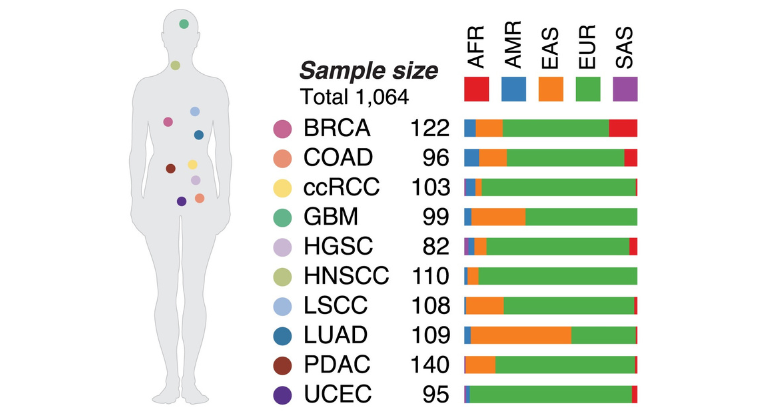
Study Reveals How Inherited Genes Help Shape the Course of Cancer
Apr 14, 2025 View All Press Releases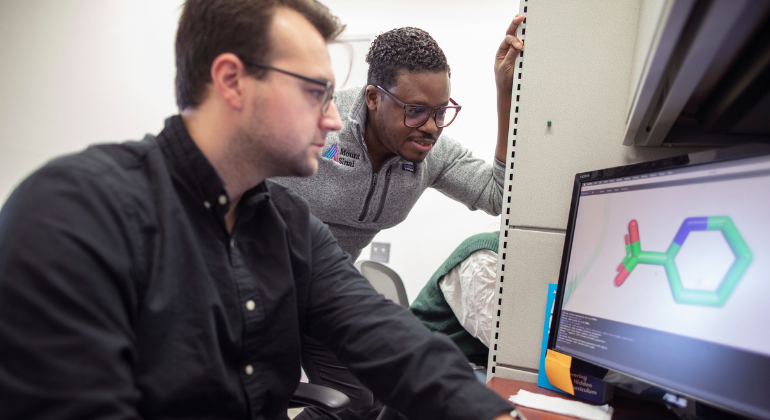
Mount Sinai Launches AI Small Molecule Drug Discovery Center
Apr 02, 2025 View All Press Releases
Mount Sinai Researchers Identify Key Gut Sensor That Regulates Digestion and Immunity
Mar 24, 2025 View All Press Releases
Mount Sinai Leads Phase 3 Trial in Myelofibrosis Treatment
Mar 19, 2025 View All Press Releases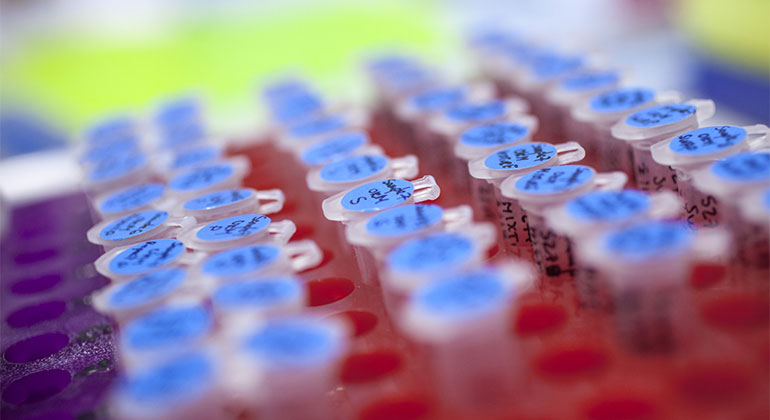
Personalized Cancer Vaccine Proves Promising in a Phase 1 Trial at Mount Sinai
Mar 17, 2025 View All Press Releases